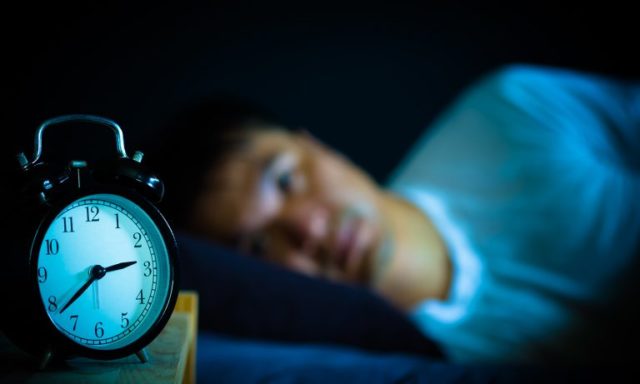
Sleep issues are on the rise due to the Coronavirus pandemic. Trouble sleeping has become so prevalent that a new term has arisen, COVID-somnia. This article discusses 3 common sleep problems during COVID-19 quarantine, what could be causing them, and tips on how to solve them in hopes that you can find some relief if you’re one of the many affected.
Possible Issues Disrupting Your Sleep
Why is trouble sleeping on the rise right now? Amidst the COVID-19 pandemic, people are experiencing greater levels of anxiety, fear of contagion, depression, isolation, economical stress, family stress, and also, an increased amount of screen time. All of these factors alone can contribute to you getting poor quality sleep and, when combined, the effects often increase greatly.
3 Common Sleep Problems During Quarantine
1: Insomnia
Insomnia can make it hard to fall asleep at bedtime and hard to stay asleep once achieved. While many of us have experienced this during the pandemic, for some of us it has become a chronic issue that not only disrupts our sleep but also our time awake. A self-diagnosis test can quickly tell you if you are developing insomnia if you are unsure.
2: Hypersomnia
Hypersomnia is the opposite of insomnia. Instead of having trouble falling asleep, you have trouble staying awake. This is often indicated by excessive daytime napping or sleeping for prolonged periods. This can usually be for as much as 10 hours at one time or sometimes even more. Hypersomnia is a common symptom of depression.
3: Nightmares
As a result of the increased fear, anxiety, and depression that many of us are experiencing, bad dreams are becoming more prevalent. If you are having nightmares or dreams that are stressful, this can disrupt your sleep and leave you feeling groggy and not fully rested in the morning.
Tips for Improving Your Sleep Quality
Manage your anxiety and stress.
We know it’s a lot easier to say than to do, but managing your stress and anxiety levels is one of the best things you can do to improve your sleep quality overall. Try talking to a friend, family member, or better yet, a therapist about what is keeping you up at night.
Create a consistent sleep schedule.
A consistent sleep schedule can help you fall asleep faster and wake up easier in the morning. Many of us strayed from a regular sleep schedule during quarantine but choosing a new one that suits your current needs can be a big help.
Skip the afternoon nap, or at least cut it short.
Suddenly, we all have more time to nap and a lot of us have been doing just that. Sadly, this isn’t recommended if you are having trouble sleeping at night so try and cut naps out of your daily routine, or at the very least try and keep them to a maximum of 20 minutes.
Increase your activity level.
Due to quarantine many of us have significantly decreased our daily levels of energy output and this can often make it harder to fall asleep at night. We recommend exercising or taking a walk every day to help burn off some of your extra energy.
Limit your screen time, especially before bed.
Staring at a backlit screen from a phone, TV, or computer stimulates your brain and eyes and can increase alertness. Try limiting your screen time as much as possible during the day and avoiding electronics entirely for at least 30 minutes to an hour before bed to see if it helps you fall asleep faster.
Conclusion
Now that you know you are not alone, and many of us are currently sleeping poorly compared to pre-pandemic life, you might already be starting to feel a bit better about your situation. Now it’s time for you to try some of our techniques for improved sleep and hopefully reap the benefits.

